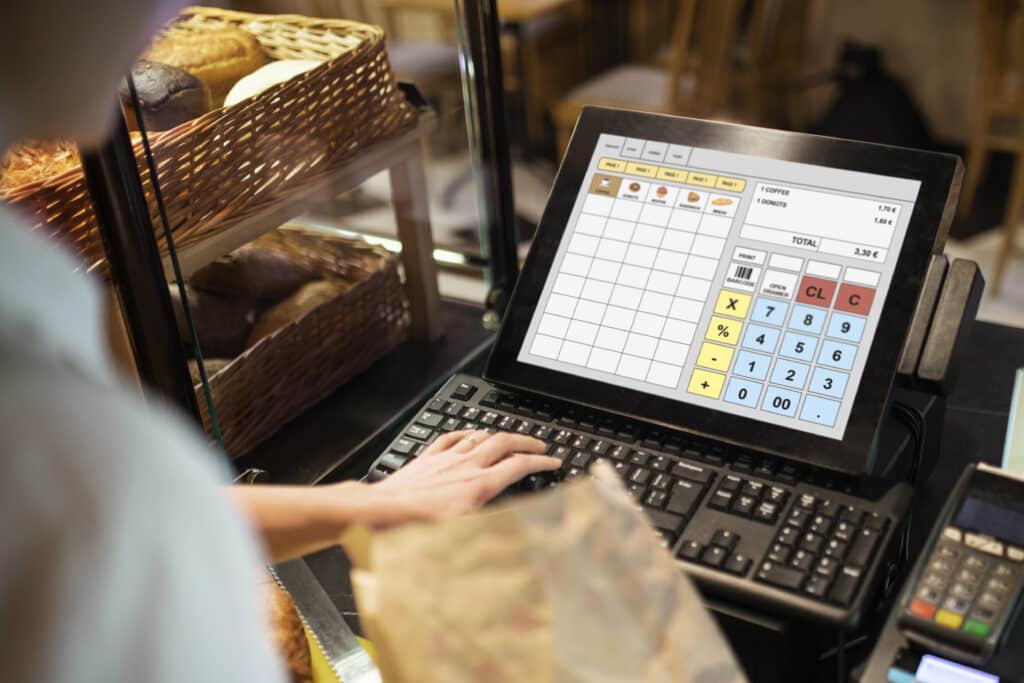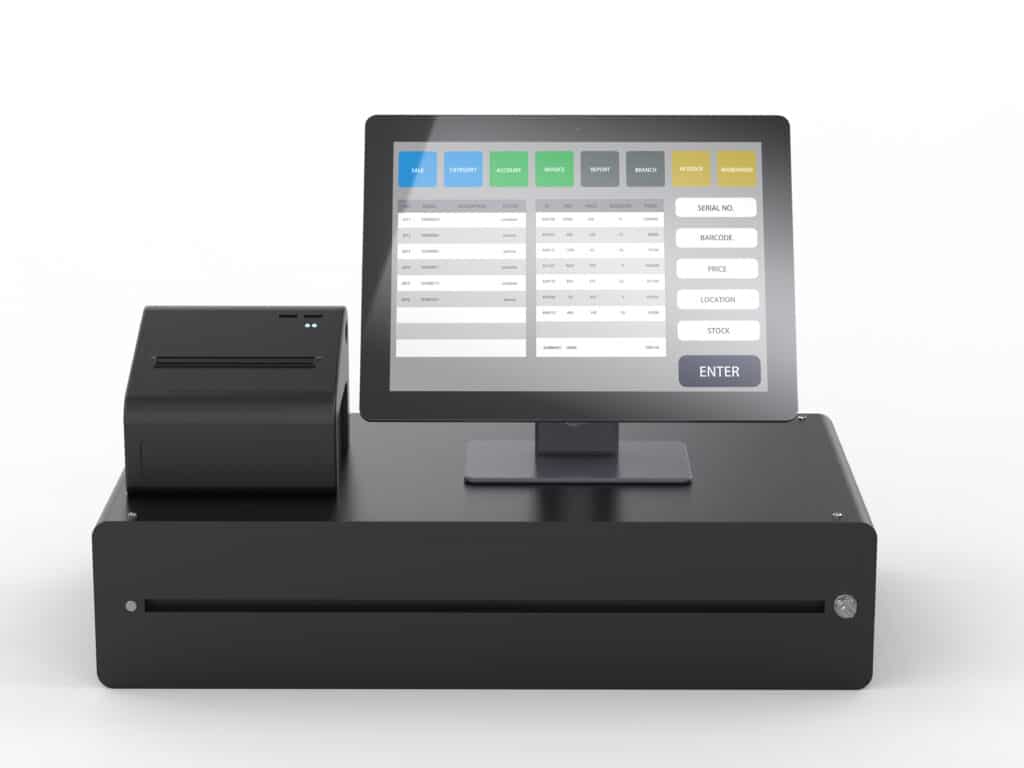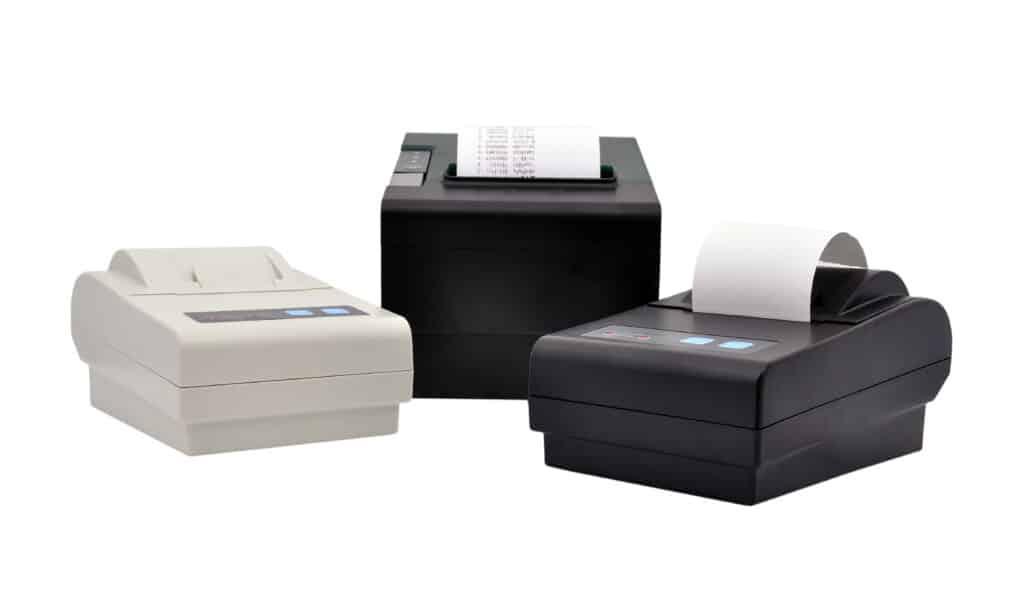In today’s fast-paced business world, efficiency and accuracy are paramount in maintaining a competitive edge. To achieve this, businesses across various industries have been increasingly relying on Point of Sale (POS) systems. A POS system not only streamlines sales transactions but also handles inventory management, staff scheduling, and customer data analysis. However, before diving into the realm of POS systems, it is crucial for business owners to consider the financial aspect — specifically, the average monthly cost. Understanding the expenses associated with implementing and maintaining a POS system is essential for making informed decisions that align with budgetary constraints and business needs.

Understanding the importance of a POS system
A POS system acts as the central hub for all sales and transactions in a retail or hospitality establishment. It simplifies operations, improves efficiency, and provides valuable insights into customer behavior and inventory management. The monthly cost of a POS system can vary based on factors like business size, industry requirements, and specific features. Small businesses typically pay $50 to $200 per month for a basic cloud-based POS system, while larger enterprises or those with complex needs can expect costs ranging from $200 to $1000 per month.
While these figures may seem significant at first glance, it is crucial to consider the long-term benefits that a well-implemented POS system brings. By automating tasks like inventory tracking and sales reporting, businesses can save time and reduce human errors. Additionally, having access to real-time data enables owners/managers to make informed decisions that drive profitability and growth. Ultimately, investing in a reliable POS system is an essential step towards ensuring business success in today’s competitive market.
What is a POS system?
Smaller businesses may choose cheaper options, while larger enterprises with multiple locations might need a more expensive system. The features you choose for your POS system can also affect the cost. Basic systems for simple transactions are generally cheaper than those with advanced capabilities like inventory management, employee tracking, or CRM integration. Lastly, consider the pricing structure of different POS providers. Some companies offer fixed monthly plans, while others charge based on transaction volumes or add-ons. Research and compare providers’ pricing models to find one that fits your business needs and budget.

Factors that affect the cost: hardware, software
When it comes to determining the cost of a point of sale (POS) system, there are several factors that can significantly impact the overall expense. Two crucial factors that contribute to the cost are hardware and software.
Firstly, the hardware components required for a POS system can vary in terms of quality and functionality, leading to differences in cost. The basic hardware typically includes a touchscreen monitor or tablet, cash register, barcode scanner, receipt printer, and card reader. However, more advanced systems may also include additional devices like kitchen printers or customer-facing displays. The quality and brand of these hardware components will affect their price range.
The software part is also important for the cost of a POS system. Different businesses have different software needs. Basic software includes inventory management, sales reporting, and payment processing. More complex systems have extra features like employee management or integration with other business software. Because of all these options, it’s hard to say how much a POS system costs each month.
Average monthly cost range for POS systems
The average monthly cost range for POS systems can vary significantly depending on the specific needs and requirements of a business. Generally, small businesses can expect to pay anywhere from $50 to $200 per month for a basic POS system. This price typically includes software fees, hardware costs, and ongoing technical support.
However, as businesses grow or require more advanced features, the cost of a POS system can increase. For medium-sized businesses with more complex needs, such as multiple locations or integration with other software platforms, the average monthly cost range may be between $150 and $500. This higher price point often reflects additional expenses like customizations, training services, or specialized hardware.
Larger businesses may have to pay thousands of dollars each month for advanced POS systems. These systems offer many features like inventory management and customer analytics. Businesses should carefully consider their needs and budget when choosing a POS system to make sure it fits their expected monthly cost range.
Considerations when choosing a POS system
When choosing a POS system for your business, think about the monthly cost. It can change based on factors like your business’s size, type, required features, and preference for cloud-based or on-premise solutions. Small businesses usually pay $50 to $200 per month for a basic cloud-based POS system. But larger businesses or those with complex needs may spend over $300 per month for advanced plans or customized solutions.

When choosing a POS system for your business, you need to consider the costs involved. This includes buying devices like barcode scanners and receipt printers, paying fees to third-party providers for payment processing, and extra charges for integrating with other software systems you use. It’s important to evaluate all potential costs before making a decision. The average monthly cost of a POS system will depend on factors specific to your business. Consider not only the subscription fees but also any additional costs for hardware purchases and integrations when choosing a solution.
Conclusion: Determining the right POS system for your business
To summarize, choosing the right POS system for your business depends on different factors, with cost being important. The monthly cost of a POS system can vary based on factors like your business size, required features, and whether you choose a cloud-based or on-premise solution.
For small businesses with basic needs, there are affordable options available starting at around $50 per month. These systems usually offer essential functionalities such as inventory management, sales reporting, and basic customer support. On the other hand, larger enterprises or businesses that require more advanced features like CRM integration or multi-store management may expect to pay upwards of $200 per month.
Price is important when making a decision, but it shouldn’t be the only thing you consider. You need to think about what you need and pick a POS system that matches your business goals. Look at things like how easy it is to use, if it can grow with your business, how good the customer support is, and if it works with your hardware. By thinking about all of these things, you can make a smart choice that will make your business better.
Streamlining your Business Operations with United Banc Card of TN
United Banc Card of TN understands the importance of seamless payment processing for businesses. Their team of experts works closely with clients to assess their specific needs and provide customized POS solutions that streamline their operations. Give us a call Today @ 615-476-0255


